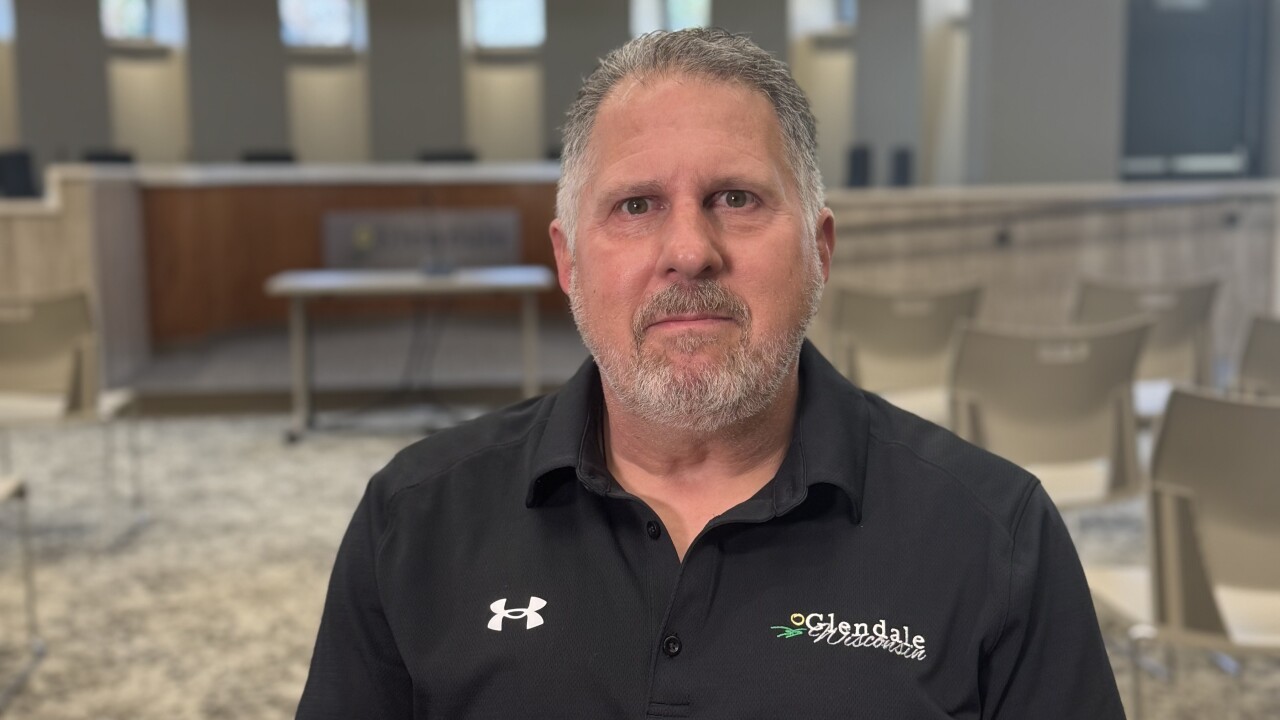GLENDALE — Nearly two months after historic flooding devastated neighborhoods throughout southeastern Wisconsin, local municipalities are still waiting to learn if FEMA will help cover the cost of cleanup efforts that have already been completed.
While FEMA has approved funds for the Individual Assistance Program, local governments are waiting to learn if they'll be reimbursed through the Public Assistance Program for emergency response costs.
Glendale Mayor Bryan Kennedy said his city couldn't wait months for federal approval before beginning cleanup efforts.
"When people started putting the water-damaged debris at the curb, we can't wait 4, 5, 6 months for the federal government to give us money to start cleaning that stuff up," Kennedy said. "We had to do it right away."
When rain flooded communities across the region in August, local governments had to work around the clock to clean up the mess. In Glendale, the city offered curbside pickup of water-damaged items, while others opened drop-off sites or offered dumpsters.
Kennedy said the city put together an aggressive cleanup plan within days of the flooding.
Watch: Glendale mayor details $230K flood cleanup bill while awaiting FEMA funds
"You can't have that stuff sitting at the curb for months at a time," Kennedy said. "It's going to mold, it's going to stink, nobody wants that sitting in front of their house."
The cleanup came at a significant cost. Glendale spent about $230,000, plus overtime for employees, and that doesn't include the five dump trucks that Milwaukee County provided for a week, along with additional equipment.
"We can't carry that burden long term," Kennedy said.
Preliminary disaster assessment reports submitted to FEMA by the governor's office show estimates of more than $26.5 million worth of damage across five counties.
The financial burden is particularly challenging for Wisconsin municipalities due to state levy limits. Kennedy explained that cities can't simply add unexpected costs to next year's property taxes.
"In Wisconsin, we have levy limits," Kennedy said. "I can't just say, 'OK, we had a $230,000 shortfall because of the flood, we're just going to tack that on to the property taxes for next year.' That's not how it works here. Our budget can go up based on the consumer price index, and that's it."
The Public Assistance funds can also help non-profits like food banks and shelters following natural disasters.
As local municipalities and non-profits work to finalize next year's budgets, local leaders are wondering how they'd make up for this year's unexpected costs if FEMA doesn't approve public assistance funds.
This story was reported on-air by a journalist and has been converted to this platform with the assistance of AI. Our editorial team verifies all reporting on all platforms for fairness and accuracy.
It’s about time to watch on your time. Stream local news and weather 24/7 by searching for “TMJ4” on your device.
Available for download on Roku, Apple TV, Amazon Fire TV, and more.






